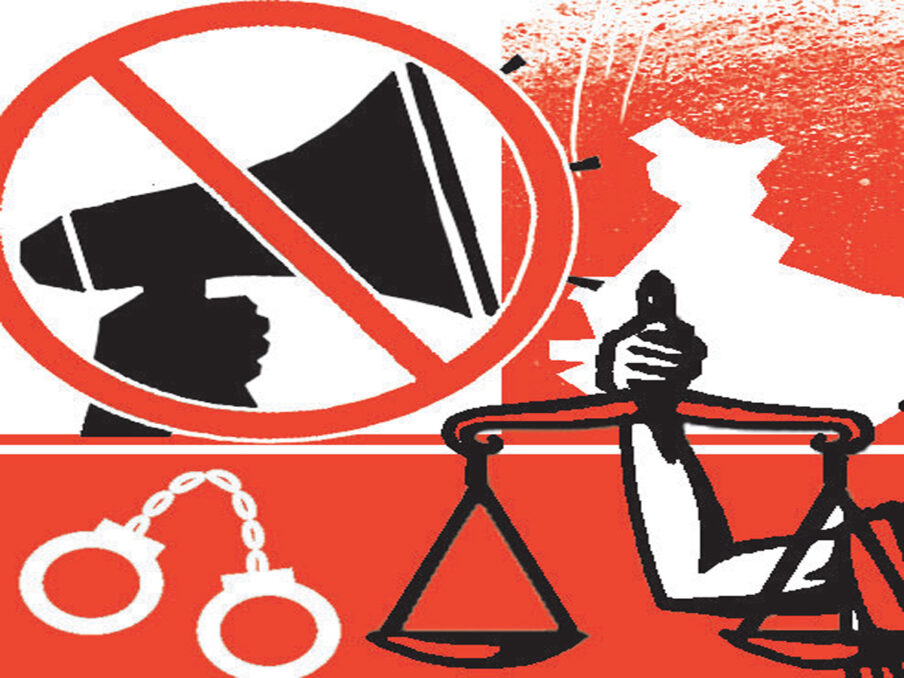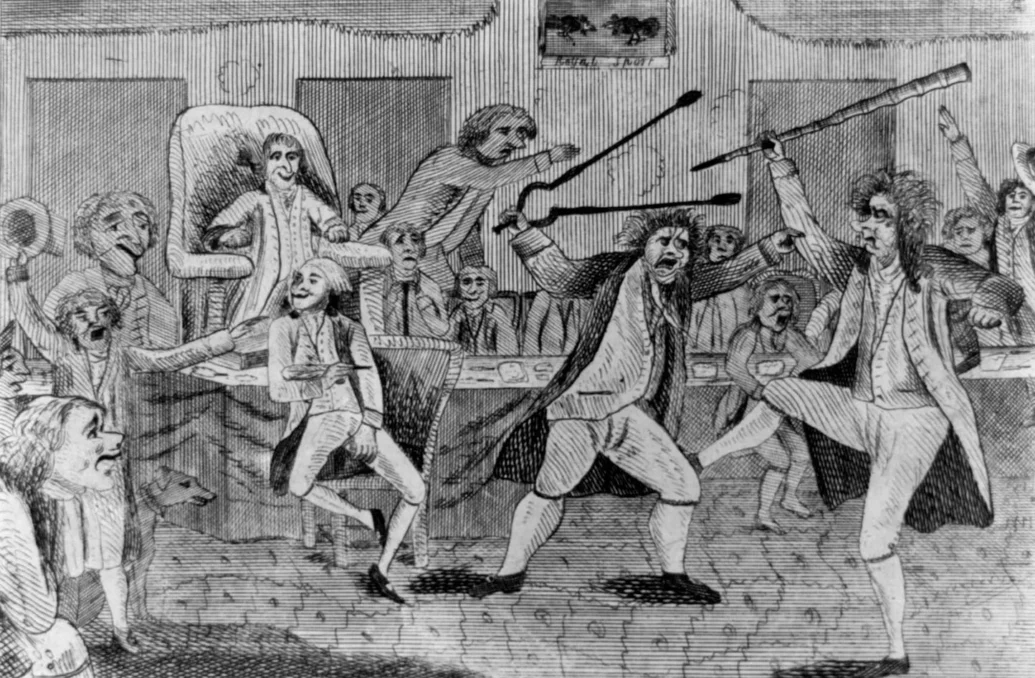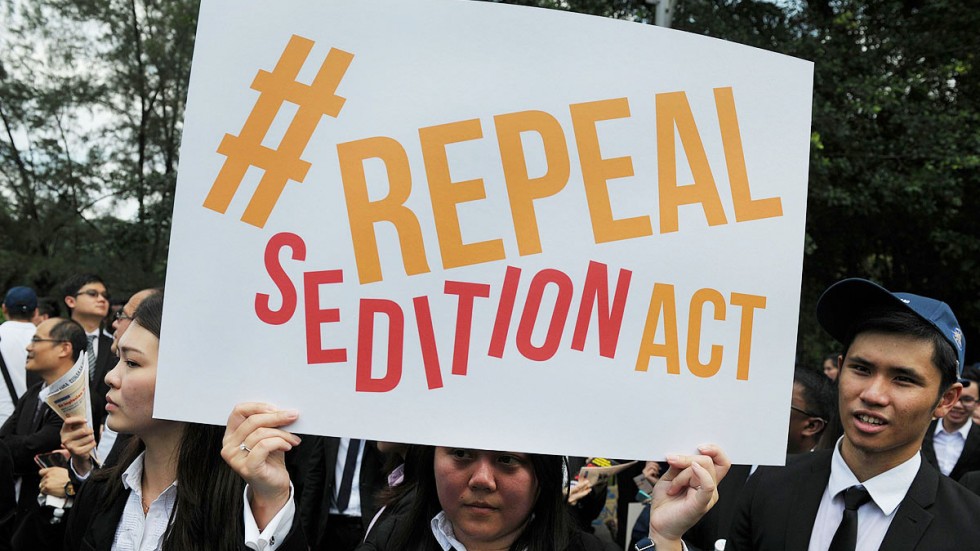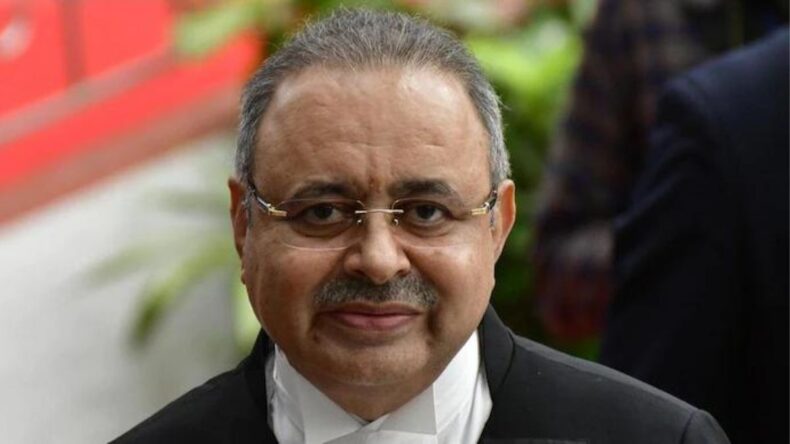The Chairman of the Law Commission, Justice Rituraj Awasthi has expressed his support for sedition law in the latest report. He has voiced that Section 124A of the Indian Penal Code (IPC) should be retained with safeguards to prevent misuse.
The Published Report:
Sedition has been considered the need of the hour and crucial to preserve the country’s integrity. The 22nd Commission examined the usage of the law and concluded that it is much needed considering the nation’s present situation in states like Kashmir and the Northeast. He said that special laws such as the National Security Act and the Unlawful Activities (Prevention) Act operate in different fields and the offence of sedition does not come under their purview. A specific law has been recommended.

He has suggested that the threshold of the punishment should be increased from three to seven years given the severity of the crime and the big gap which exists He believes that it is a colonial legacy is not a prudent reason to repeal it and several countries like the US, Canada, and Germany have their such laws. To provide clarity, he has proposed that words “with a tendency to incite violence or cause public disorder” should be added.
Referring to the procedural safeguards he has said that a preliminary inquiry will be held by a police officer of the rank of inspector or above. An investigation will be conducted within seven days after the incident, and a report will be given to the appropriate authorities for approval to file an FIR. If based on the report solid evidence is found concerning the offence, only then the FIR will be filed.
What is Sedition:
According to Section 124A of the IPC, anyone who incites hatred or contempt against the legally established government in India through words, whether spoken or written, signs, or other visible representations, or who seeks to do so, would be committing the crime of sedition.
The punishment for the same has been outlined as imprisonment up to three years which may go up to life imprisonment, with or without a fine. Disaffection in this context refers to disloyalty and feelings of enmity. Disapproval of the administrative action or any other action is not prohibited by this clause.
This rule was first introduced by the British in 1870. On the advice of KM Munshi, the idea was removed from the Constitution in 1948, and Article 19(1) grants complete freedom of speech and expression. In 1951 Jawaharlal Nehru bought in the first amendment to the Constitution to limit freedom and enacted Article 19(2) which empowers the State to ‘reasonably’ restrict the right if the sovereignty, security, or integrity of India is threatened.

Response to the Law:
The evaluation has caused a political outcry, with various opposition parties claiming it is an effort to silence dissent and the voices speaking out against the ruling party before the 2024 Lok Sabha elections. Congress has accused the government of trying to make the law more ‘draconian’. In response, the BJP government has said that it will take a reasoned and informed decision based on the statement which is meant to be persuasive and not binding. They plan on connecting the various stakeholders first.
This has always been a controversial topic in constitutional law jurisprudence with people advocating for complete abolition or in contrast, rigorous implementation. On May 11, 2022, the Supreme Court directed all governments to refrain from registering any FIR or taking coercive measures after the constitutionality of this provision was challenged. All pending trials, appeals, and investigations were kept in abeyance.

There must be a clear and present danger to India’s sovereignty, security, and integrity before limits can be imposed. Scrapping the law completely leaves a legal vacuum and makes the country more vulnerable to external and internal threats. However, the implementation of the law so far and the treatment of people under it have been inhumane. The government needs to find the balance between preserving its dignity and protecting the rights of the people before it takes any steps.













